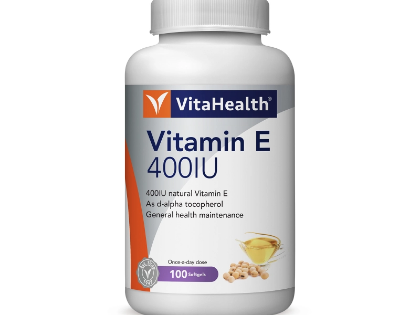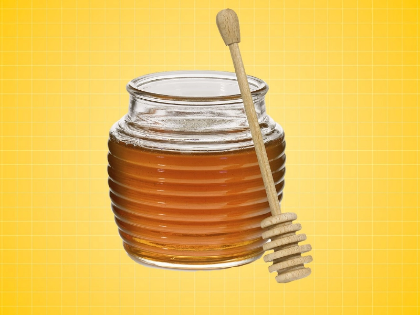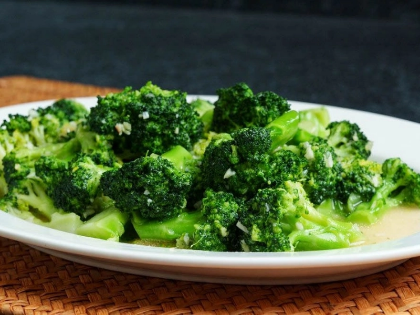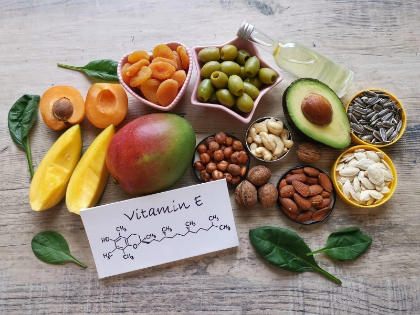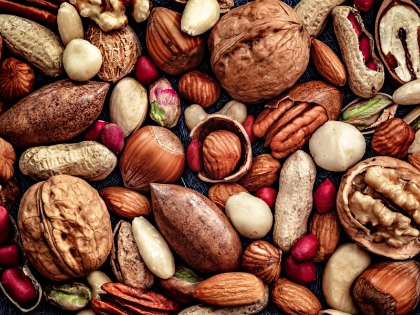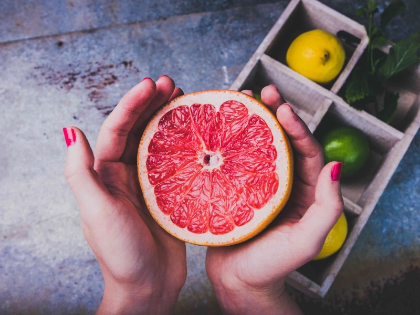Boosting Energy Levels Naturally with Vitamin E
1. Knowledge of Vitamin E One of the fat-soluble vitamins, vitamin E, is absolutely vital for general health. Acting as a strong antioxidant, it aids in the body's combat of oxidative stress. This oxidative stress can cause cellular damage and aggravate other health problems, including tiredness. Vitamin E supports energy generation and general vigor by neutralizing free radicals, therefore helping to safeguard cells. One good approach to naturally increasing energy levels in your diet is including vitamin E.
2. Antioxidants' Part in Energy Generation For best energy generation, antioxidants—including vitamin E—are needed. They assist in lowering oxidative damage and inflammation, therefore influencing energy metabolism. Under oxidative stress, the body could find it difficult to effectively turn nutrients into energy. Foods high in antioxidants will help people's bodies produce more energy. Those who lead active lives or who feel tired from stress or inadequate diet should especially pay close attention to this.
3. Vitamin E's sources Many foods contain vitamin E, so including it in your diet is simple. Among the better sources are nuts, seeds, spinach, broccoli, and vegetable oils like olive and sunflower oil. Particularly high in vitamin E, almonds and hazelnuts offer a quick snack choice meant to increase energy levels. For those who might find it difficult to get their vitamin E requirements from diet alone, fortified foods and supplements are also available.
4. How Vitamin E Maintains Energy Levels Through better blood circulation and oxygen delivery all across the body, vitamin E supports energy levels. Improved circulation guarantees that muscles get the required nutrients and oxygen during physical exercise, helping to lower tiredness and increase endurance. Moreover, vitamin E is involved in the metabolism of fats and carbohydrates, the main fuels for the body. Vitamin E keeps steady energy levels all day by supporting these metabolic activities.
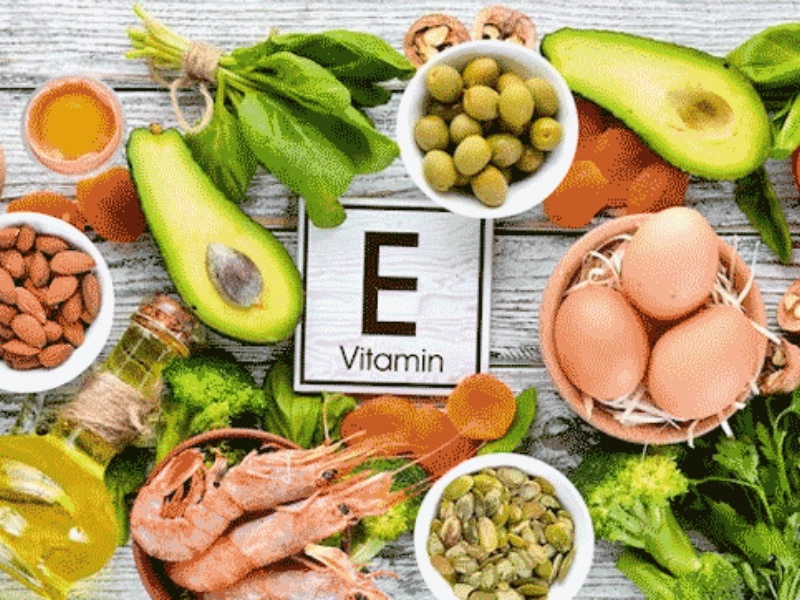
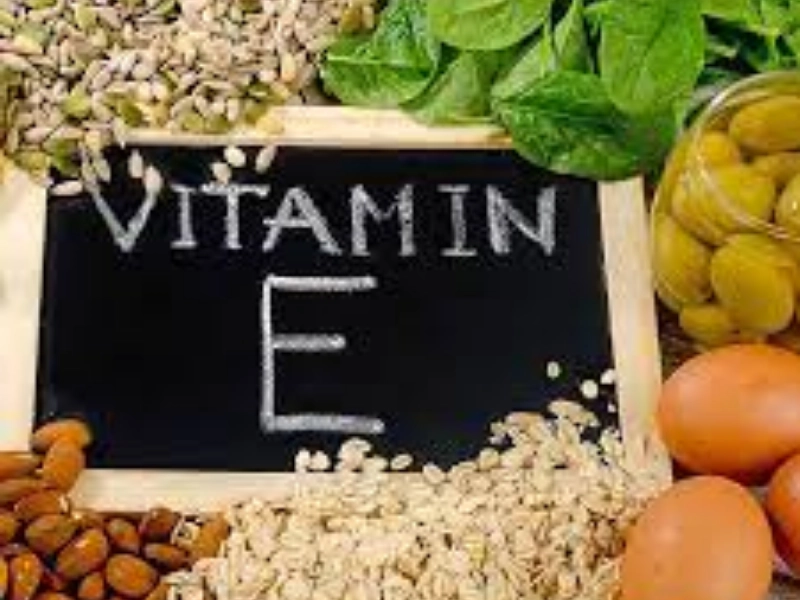 6. Vitamin E and Stress Control Energy levels can be greatly affected by chronic stress, which might cause burnout and tiredness. It has been demonstrated that vitamin E helps the body to withstand stress. Its antioxidant qualities enable the body to avoid negative consequences by lowering oxidative stress brought on by extended stress exposure. Including foods high in vitamin E into a balanced diet helps control stress, therefore enhancing general well-being and energy levels.
6. Vitamin E and Stress Control Energy levels can be greatly affected by chronic stress, which might cause burnout and tiredness. It has been demonstrated that vitamin E helps the body to withstand stress. Its antioxidant qualities enable the body to avoid negative consequences by lowering oxidative stress brought on by extended stress exposure. Including foods high in vitamin E into a balanced diet helps control stress, therefore enhancing general well-being and energy levels.
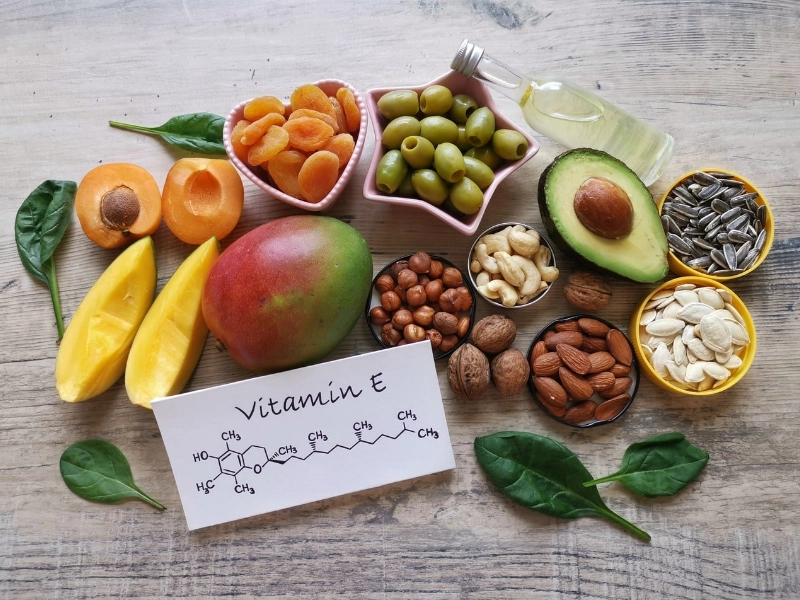 7. Strategies for Boosting Vitamin E Consumption Think about including more foods high in vitamin E into your meals to naturally increase energy levels with vitamin E. Easy methods to boost your consumption are to snack on nuts and seeds, toss spinach or kale into smoothies, and use olive oil in salad dressings. To keep your diet interesting and pleasurable, also try cooking several dishes including these foods. See a healthcare expert about the option of supplements if you find it difficult to satisfy your vitamin E demands with a diet alone.
8. Value of a Well-balanced Diet Although increasing energy levels depends on vitamin E, it is still imperative to keep a balanced diet including many other nutrients. A diet heavy in fruits, vegetables, whole grains, lean meats, and good fats will supply the vitamins and minerals required to sustain energy generation. Combining vitamin E with other minerals, like magnesium and B vitamins, can increase its energy-boosting power. Emphasizing general dietary quality will help one have better energy and wellness.
9. Factors of Lifestyle Affecting Energy Level Apart from nutrition, various elements of lifestyle might affect energy levels. Maintaining great energy levels depends critically on regular physical activity, enough sleep, and stress management. Regular exercise can assist circulation and increase energy; enough sleep is required for renewal and recuperation. By encouraging relaxation and mental clarity, practicing stress-reduction strategies, including yoga or meditation, can help to further enhance energy levels.
10. Review of Vitamin E's Function in Energy Levels Through its antioxidant qualities and support of many body processes, vitamin E significantly helps to naturally raise energy levels. Vitamin E supports immune system function, improves blood circulation, and shields cells from oxidative stress to add to general vigor. Along with keeping a good lifestyle and a balanced diet, including foods high in vitamin E will help people reach and preserve ideal energy levels. Giving vitamin E and general nutrition top priority can help you boost your energy and quality of life.
7. Strategies for Boosting Vitamin E Consumption Think about including more foods high in vitamin E into your meals to naturally increase energy levels with vitamin E. Easy methods to boost your consumption are to snack on nuts and seeds, toss spinach or kale into smoothies, and use olive oil in salad dressings. To keep your diet interesting and pleasurable, also try cooking several dishes including these foods. See a healthcare expert about the option of supplements if you find it difficult to satisfy your vitamin E demands with a diet alone.
8. Value of a Well-balanced Diet Although increasing energy levels depends on vitamin E, it is still imperative to keep a balanced diet including many other nutrients. A diet heavy in fruits, vegetables, whole grains, lean meats, and good fats will supply the vitamins and minerals required to sustain energy generation. Combining vitamin E with other minerals, like magnesium and B vitamins, can increase its energy-boosting power. Emphasizing general dietary quality will help one have better energy and wellness.
9. Factors of Lifestyle Affecting Energy Level Apart from nutrition, various elements of lifestyle might affect energy levels. Maintaining great energy levels depends critically on regular physical activity, enough sleep, and stress management. Regular exercise can assist circulation and increase energy; enough sleep is required for renewal and recuperation. By encouraging relaxation and mental clarity, practicing stress-reduction strategies, including yoga or meditation, can help to further enhance energy levels.
10. Review of Vitamin E's Function in Energy Levels Through its antioxidant qualities and support of many body processes, vitamin E significantly helps to naturally raise energy levels. Vitamin E supports immune system function, improves blood circulation, and shields cells from oxidative stress to add to general vigor. Along with keeping a good lifestyle and a balanced diet, including foods high in vitamin E will help people reach and preserve ideal energy levels. Giving vitamin E and general nutrition top priority can help you boost your energy and quality of life.
